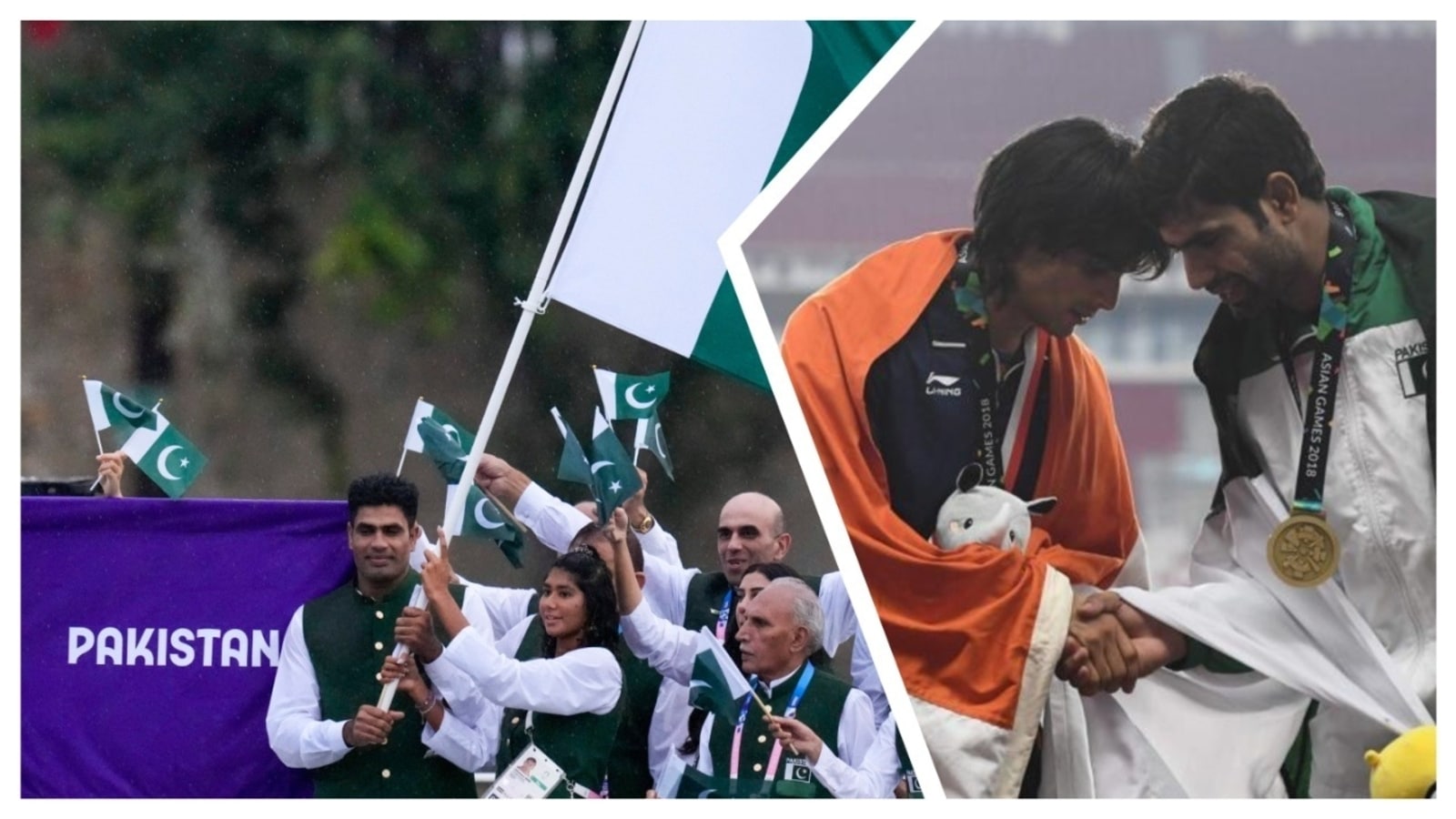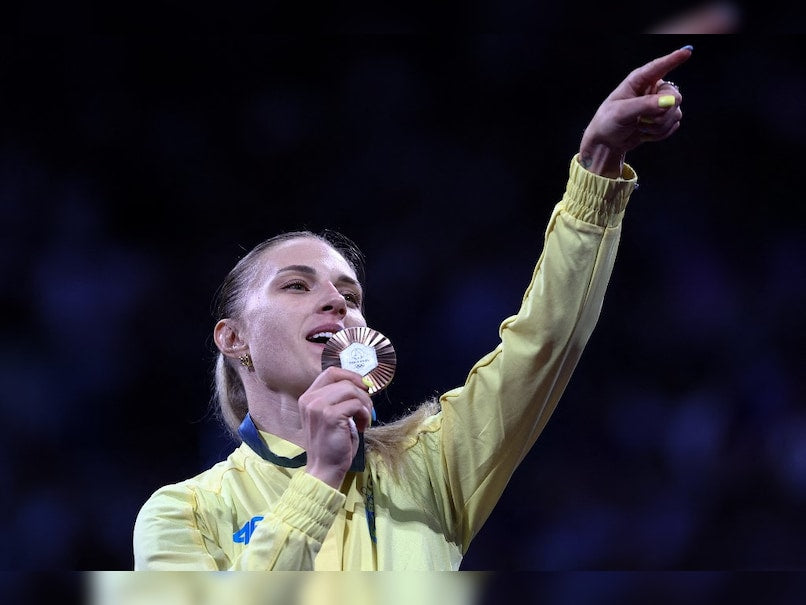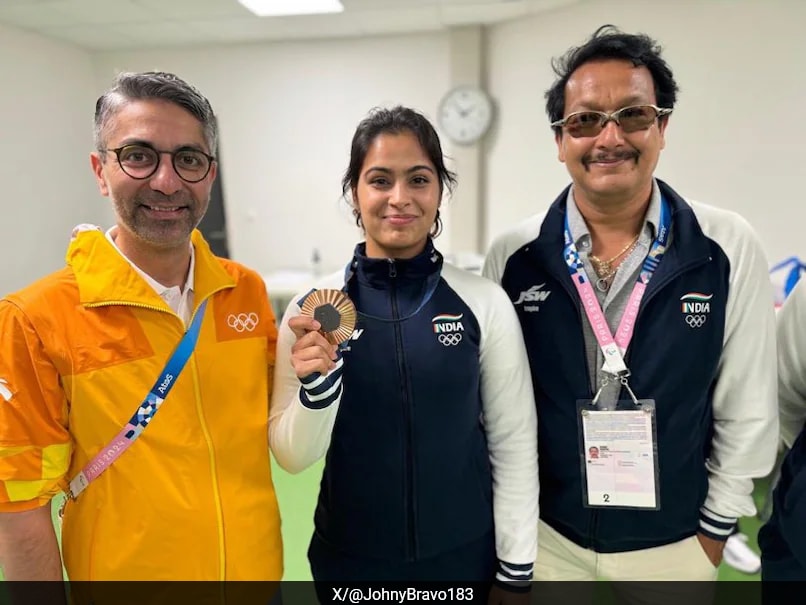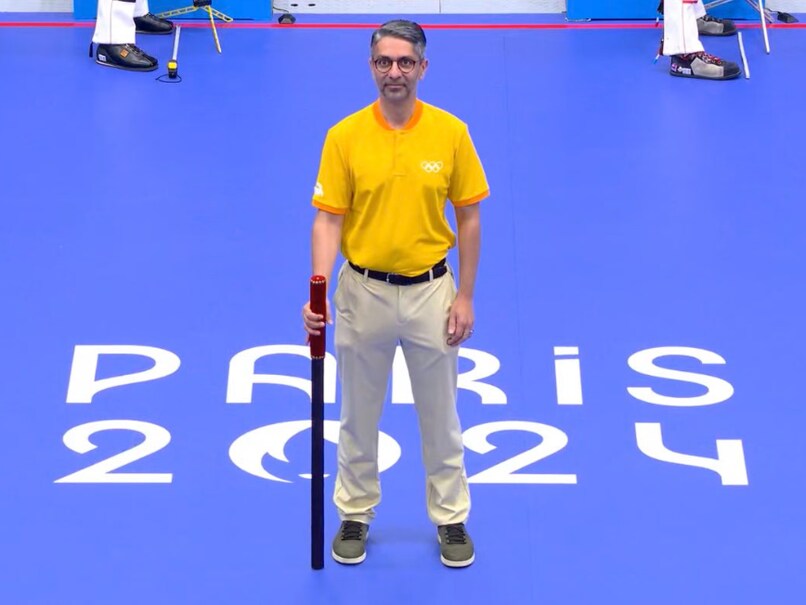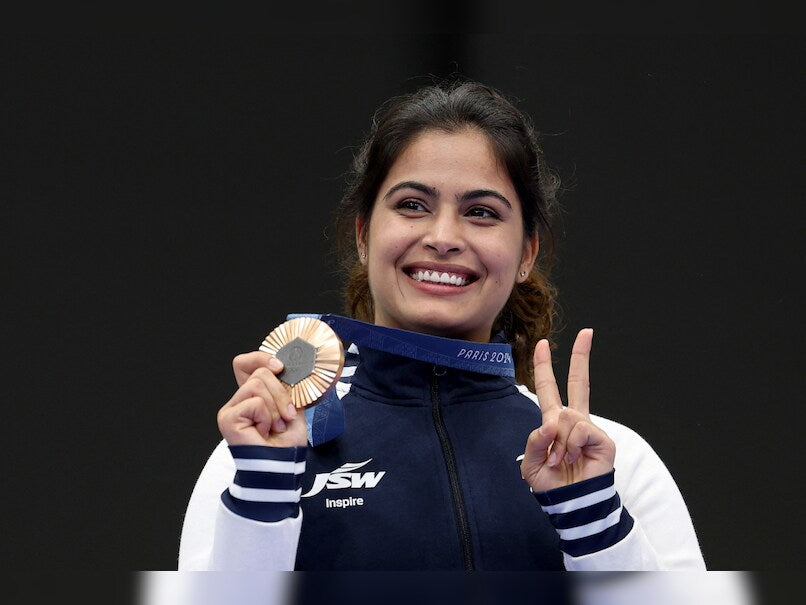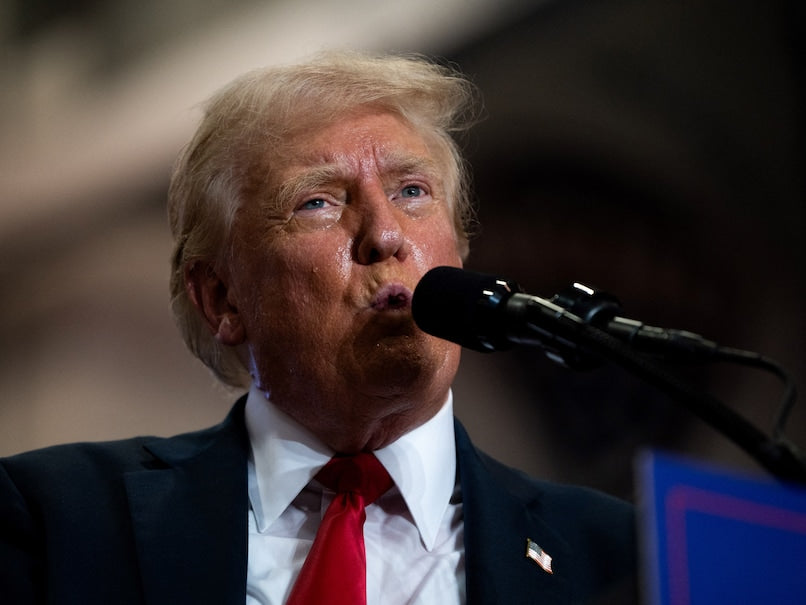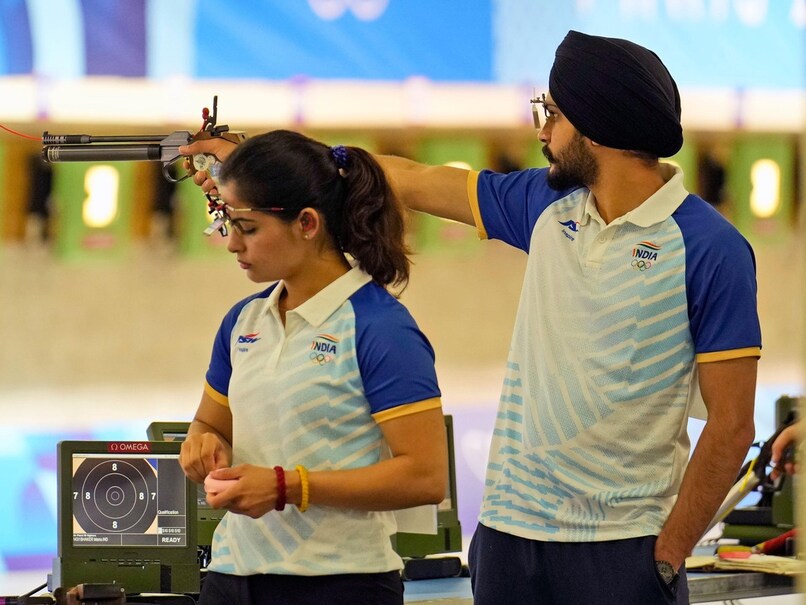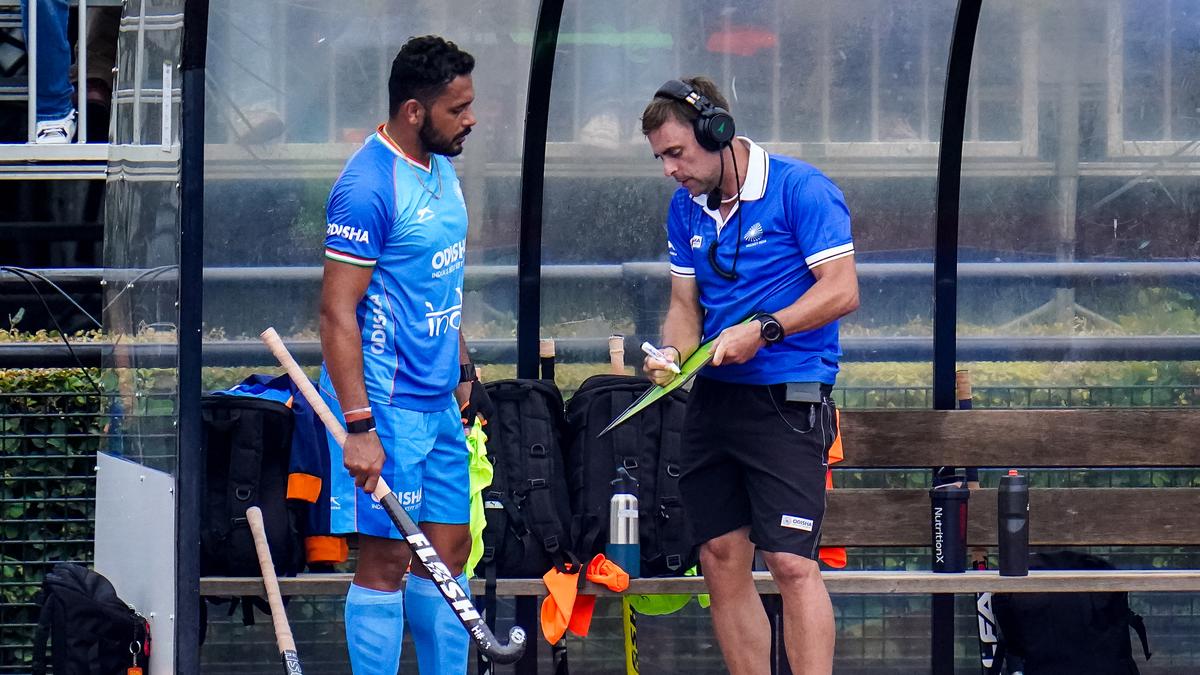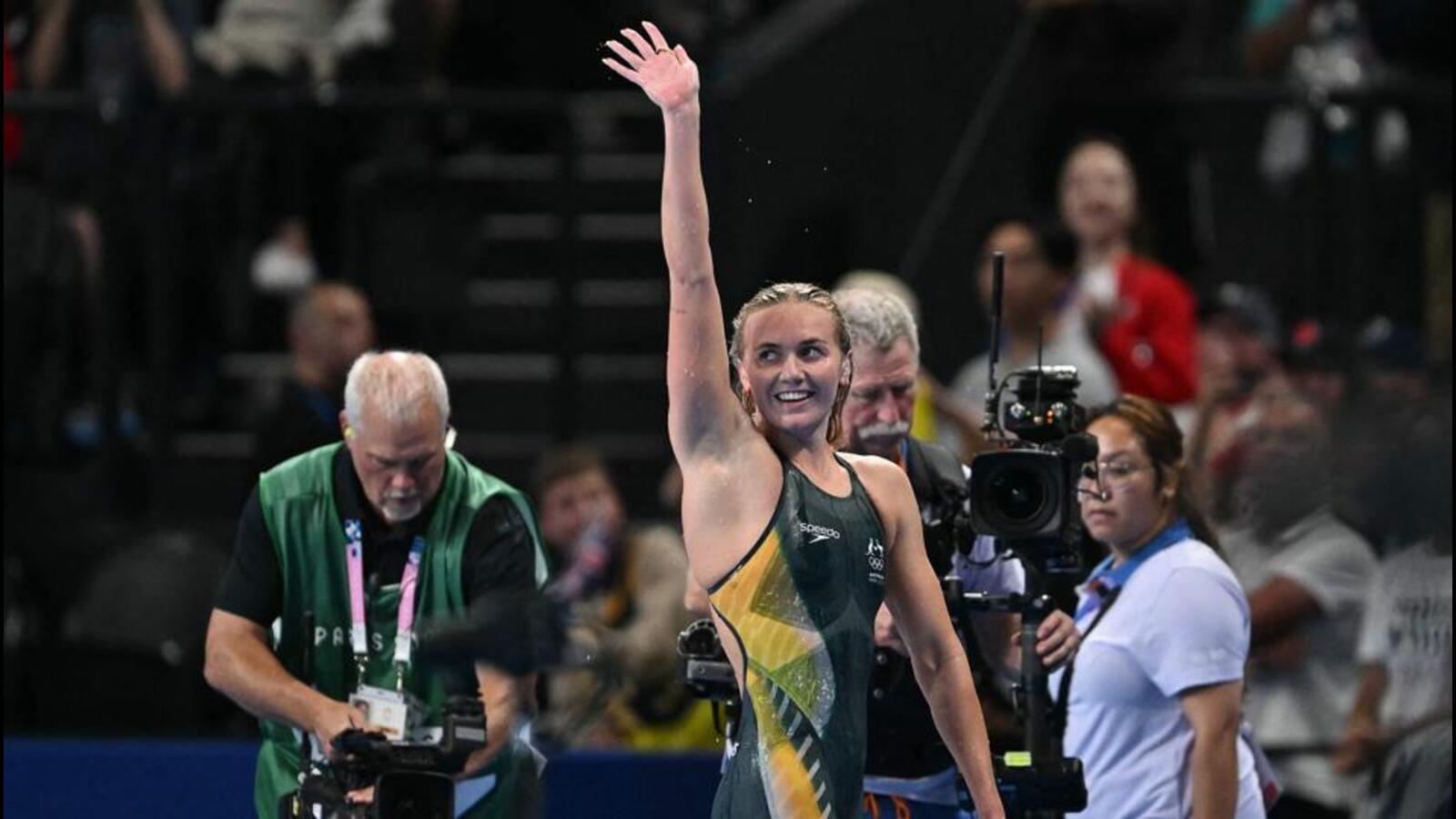Indian Hockey Team Prepares for Paris Olympics with Unique Partnership and Adaptability
For most teams, the Olympics is a meticulously planned four-year cycle, from player selection to training regimens and target setting. However, for the Indian men's hockey team, Craig Fulton had just five months to prepare them for the Olympic qualifiers. Now, as the team prepares to take the field for their opening game on Sunday, Fulton will have been in charge for exactly 15 months.For the Indian team, this is nothing new. The team and the sport have witnessed a revolving door of coaches and playing styles over the years, leading to a remarkable adaptability among the players.In a candid conversation, Fulton and captain Harmanpreet Singh, the duo responsible for India's hockey fortunes in Paris, shared their insights:Partnership and Communication:"He's like a big brother," says Harmanpreet about Fulton. "We have open discussions on every situation with the team. The trust is very high."Fulton echoes this sentiment, emphasizing the importance of trust in building a strong partnership. "Once you have that, you can be honest and then you can move mountains."Team Environment and Expectations:"The expectation is through the roof," says Fulton. "But we have a good environment and a good staff."Harmanpreet adds, "We are very close to what we want to achieve in major tournaments."Leadership and Growth:As captain, Harmanpreet has embraced his responsibilities. "I think the big change is you have more responsibilities and need to talk more, be a good communicator and guide the team."He has also experienced personal growth. "I have become a father so patience levels have skyrocketed! But seriously, as a senior player and with growing maturity, you learn to handle different situations and play smartly."Team Composition and Strategy:Fulton explains the team's selection process. "What strengths we have in the squad, what do we need for who we playing against, how do we play our best hockey?"He believes the team's chemistry and balance in attack and defense are key to their success.Rankings and Pressure:"Rankings are there for periods of time," says Fulton. "Right now, we are seventh, but we don't want to be there."Harmanpreet acknowledges the pressure but remains focused. "The responsibility to score is there but it is not a pressure. We have variations that we have not revealed."Medal Hopes and Legacy:"It'll be a reward for the process that we've put in place," says Fulton about the possibility of a medal.Harmanpreet adds, "It will be everything for me. More importantly, I want to bring back the time when people thronged to watch hockey matches and loved the game – a medal will be key to reach more people and revive the game more than ever before."
Read more

